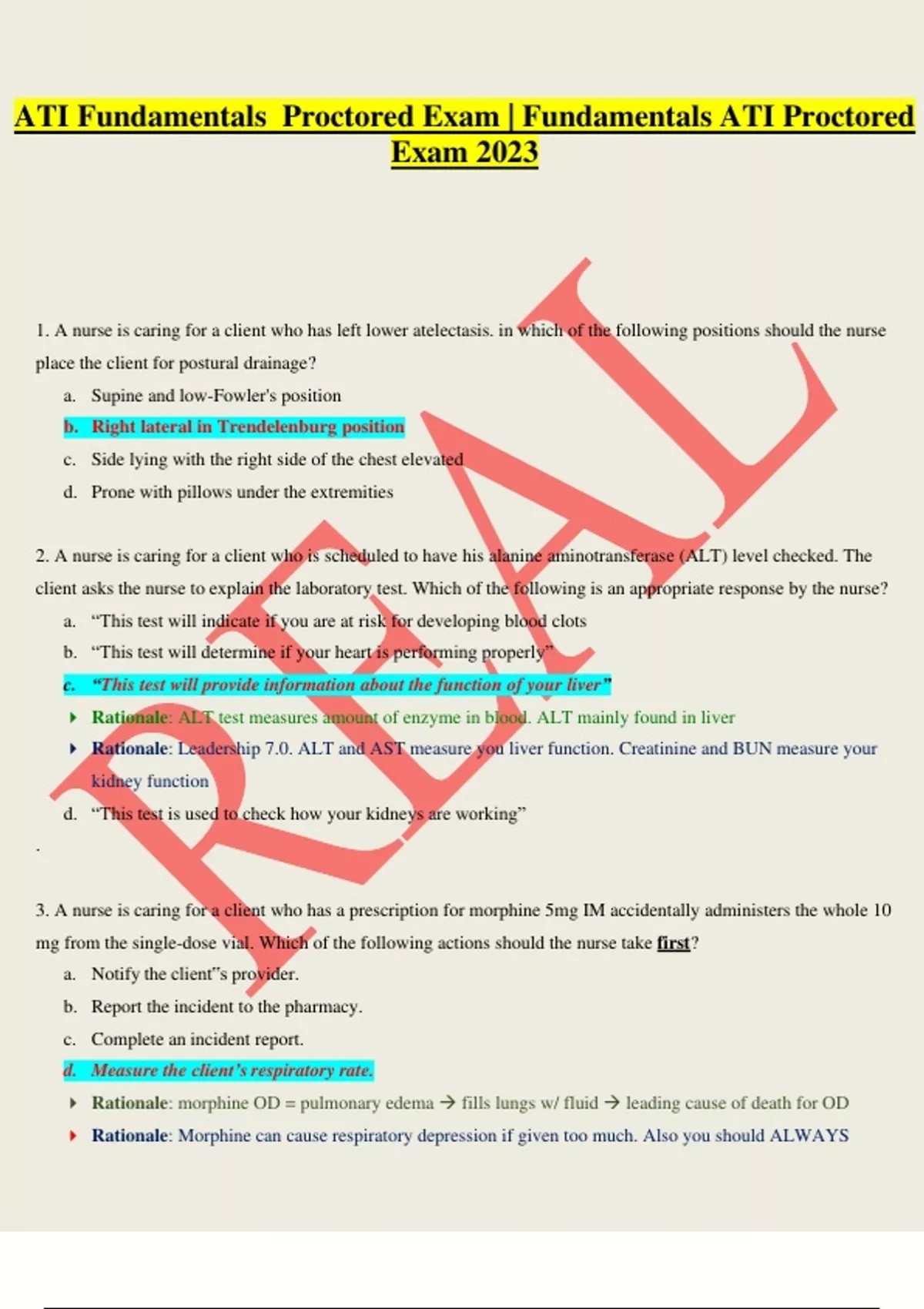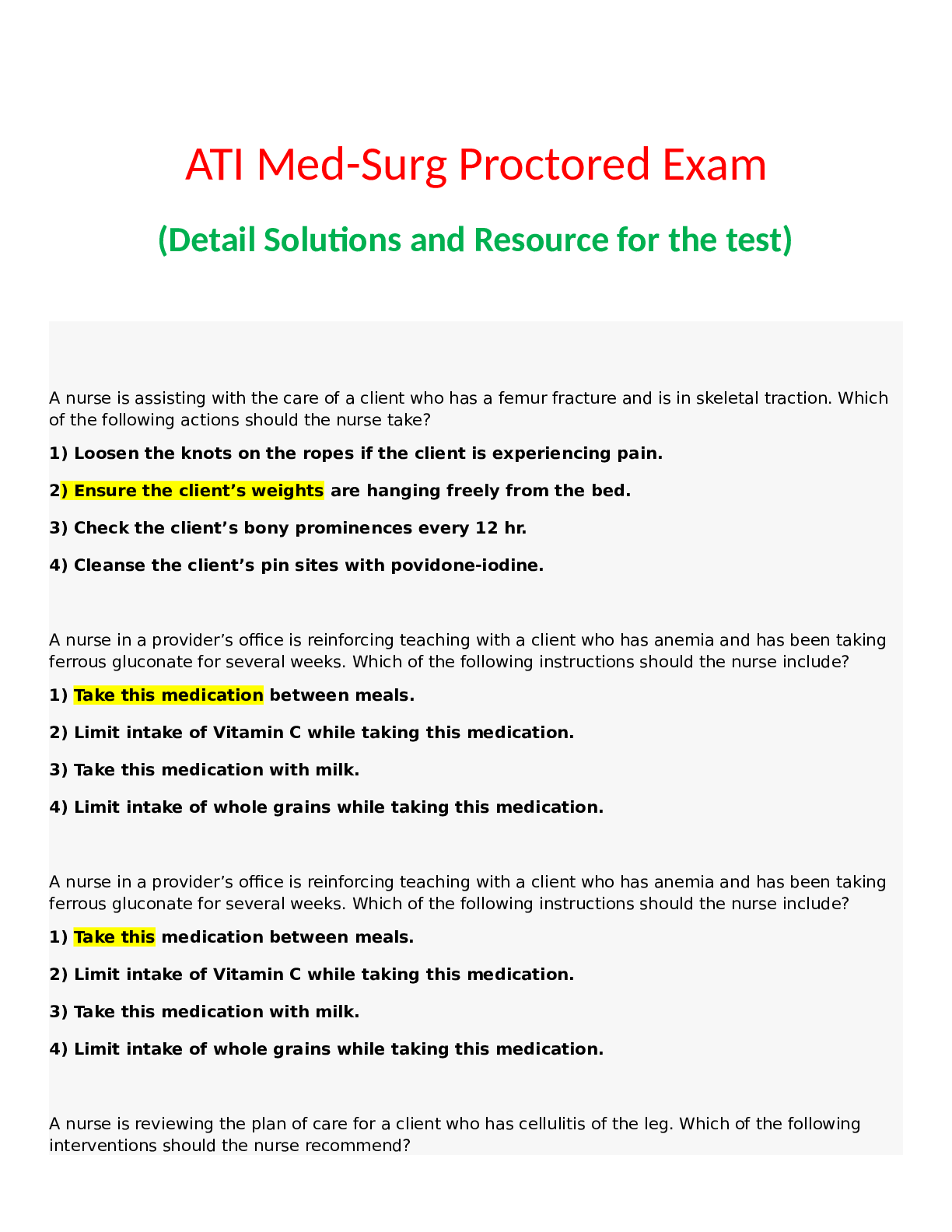Getting ready to become a nurse is a big step, and for many, that path includes facing various assessments. These exams, often proctored, are a really important part of making sure you are ready for the challenges of patient care. In 2023, knowing what to expect from ATI proctored exam levels can make a real difference in how well you prepare and, frankly, how confident you feel about your future in nursing.
ATI has product solutions to help you become a successful nurse, and their proctored exams are a key part of that system, you know. These assessments are not just tests; they are tools that measure your learning and help point out areas where you might need a little more study time. It is about building a strong foundation for your nursing career, and these exams, in a way, guide your learning journey.
This article will go into detail about the various ATI proctored exam levels you might encounter in 2023. We will talk about what these assessments mean for your studies, how they help you get ready for the big licensure exam, and how to use ATI's many helpful resources. So, too it's almost, let's explore how these exams fit into your path to becoming a skilled nursing professional.
Table of Contents
- What Are ATI Proctored Exams?
- Types of ATI Proctored Assessments in 2023
- Getting Ready for Your ATI Proctored Exams
- Frequently Asked Questions About ATI Exams
- The Importance of Proctored Exams for Nursing Readiness
What Are ATI Proctored Exams?
ATI proctored exams are standardized tests given under supervised conditions, typically online with a remote proctor or in a testing center. These exams, you know, are designed to measure a nursing student's knowledge and understanding of various nursing concepts throughout their program. They are a very important part of many nursing school curricula, helping both students and educators track progress and pinpoint areas for growth.
The Purpose of Proctored Assessments
The main goal of these proctored assessments, as a matter of fact, is to make sure students have a solid grasp of the material before moving on to more complex topics or, eventually, taking the licensure exam. They offer a reliable way to gauge readiness, providing a benchmark of where you stand compared to other nursing students. This helps programs ensure their graduates are well-prepared for the demands of the nursing profession, which is, you know, a pretty big deal.
Types of ATI Proctored Assessments in 2023
In 2023, ATI offers a range of proctored assessments, each serving a slightly different purpose in your nursing education. These "levels" are not always about difficulty going up, but more about focusing on different stages of your learning or specific areas of nursing practice. Understanding these different types can help you prepare better, so, you know, it is good to get a handle on them.
Foundational Level Assessments
Early in your nursing program, you might encounter foundational level assessments. These often cover core concepts like pharmacology, fundamentals of nursing, or health assessment. They are, in a way, designed to check if you have a good handle on the basics before you build more advanced knowledge on top of them. For instance, the ATI TEAS test is a common foundational assessment that prospective nursing students take even before starting their program. It is perfect for ATI TEAS test prep, study, and review, giving you a strong start, basically.
Specialty Area Assessments
As you progress through your program, you will likely take proctored exams focused on specific specialty areas. These could include assessments for maternal-newborn nursing, pediatrics, mental health, or medical-surgical nursing. These exams, you know, help you consolidate your knowledge in particular fields, making sure you are ready for clinical rotations and future practice in those areas. They are quite specific, so, you really need to focus your study efforts.
Comprehensive Readiness Assessments
Near the end of your nursing program, you will often face comprehensive readiness assessments. These exams, such as the ATI Comprehensive Predictor, are designed to mimic the format and content of the licensure exam. They pull together all the knowledge you have gained across various subjects, giving you a pretty good idea of your overall readiness to sit for the big test. This is where all your hard work comes together, you know, so it is a significant step.
Getting Ready for Your ATI Proctored Exams
Preparing for ATI proctored exams takes thought and effort, as a matter of fact. It is not just about memorizing facts; it is about truly understanding nursing concepts and how to apply them. Luckily, ATI offers a lot of resources to help you along the way, so, you know, you are not alone in this.
Using ATI Resources to Prepare
ATI has a whole library of resources for prospective and current nursing students. To access these, you will need to sign in to your ATI testing account or create one if you are new to ATI. Once you are signed in, you can press "get started" to gain access to your ATI products. These resources include practice tests, review modules, and detailed explanations for answers, which are, you know, really helpful. For example, if you are working on TEAS prep, you can find answers on our ATI TEAS FAQ center by typing your question below or browsing our frequently asked questions. It is all there to help you study and review, so, you should really use it.
Creating a Study Plan
A good study plan is, you know, pretty essential. Start by figuring out which topics you need to focus on the most, perhaps by looking at your previous exam results or areas where you feel less confident. Set aside regular times for studying, and mix up your study methods. You might read through modules, take practice quizzes, or even form a study group with classmates. Breaking your study time into smaller, manageable chunks can make it feel less overwhelming, which, you know, really helps a lot.
Understanding Your Results
After taking a proctored exam, you will get a score report. This report is more than just a number; it provides valuable feedback on your strengths and areas where you could improve. Take the time to really go through it. It might show you, for instance, that you need to brush up on specific body systems or types of patient care. Using this feedback to adjust your study plan is, arguably, one of the smartest things you can do to get ready for the next assessment, or, you know, the big one.
Frequently Asked Questions About ATI Exams
People often have similar questions about ATI proctored exams, and it is pretty common to wonder about them. Here are a few questions that often come up, and we will try to give some clear answers, as a matter of fact.
What is the difference between a proctored and an unproctored ATI exam?
Well, a proctored exam is taken under supervision, either by a person in the room or through a remote monitoring system, which, you know, ensures the integrity of the test. An unproctored exam, on the other hand, is usually something you take on your own, often for practice or self-assessment, without direct oversight. The proctored ones are the ones that usually count for your course grades or program progression, so, that's a key difference.
How do ATI proctored exam scores relate to passing the NCLEX?
ATI proctored exam scores, especially the comprehensive readiness assessments, are designed to predict your likelihood of passing the NCLEX. They are not the NCLEX itself, but they give you a pretty good indication of your preparedness. Many nursing programs use these scores to determine if a student is ready to graduate or to identify areas where a student needs more focused review before taking the licensure exam, which, you know, is a really helpful guide.
Where can I find more resources for ATI TEAS test prep?
For ATI TEAS test prep, you can sign in to your ATI testing account. There, you will find a wealth of resources specifically designed for the TEAS test, including practice questions, study guides, and review modules. You can also visit the ATI TEAS FAQ center on our site, just like your, where you can type in your questions or browse through commonly asked ones. It is all there to help you get ready, so, you should really check it out.
The Importance of Proctored Exams for Nursing Readiness
These proctored exams, you know, are more than just hurdles to jump over. They are a vital part of your growth as a future nurse. They help solidify your knowledge, build your test-taking confidence, and prepare you for the high-stakes environment of the licensure exam and, frankly, actual patient care. ATI's product solutions are truly there to help you become a successful nurse, and these exams play a big part in that.
Remember, signing in to your ATI testing account is your gateway to a vast library of resources. Whether you are a prospective student just starting with TEAS prep or a current nursing student looking for specific specialty area reviews, ATI has tools that can support your learning every step of the way. You can also learn more about nursing education on our site, and find more details about student resources here. For more details on how your information is handled, please read ATI's privacy policy, too it's almost, as that's pretty important.
And just a little something else to keep in mind: ATI also offers ATI Physical Therapy, providing services to help you recover, improve mobility, and achieve your best health. It is another way ATI supports overall well-being, which, you know, is pretty neat. You can always check out their privacy policy, website terms of use, user terms and conditions, and sitemap for more details about ATI product solutions, their online store, and how to contact them regarding your privacy choices. Press "get started" to gain access to your ATI products and begin or continue your journey toward becoming a successful nurse.
For additional insights into nursing education and exam preparation strategies, you might find valuable information on a trusted nursing education site like the American Nurses Association website. This can provide a broader view of the profession and help you feel more connected to the larger nursing community, which, you know, is pretty cool.



